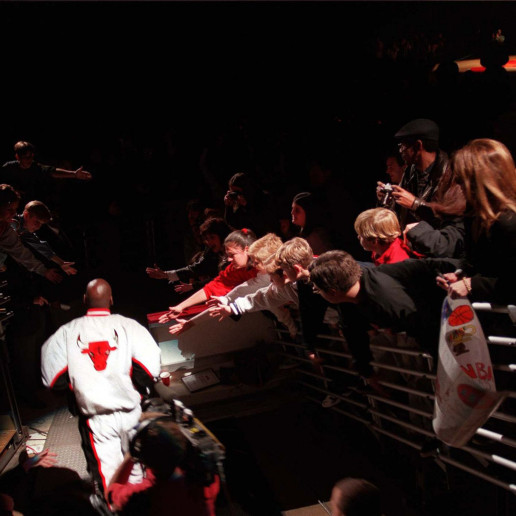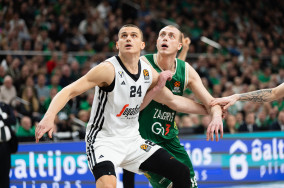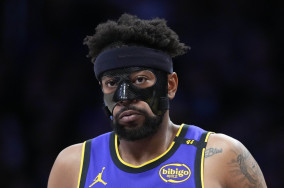Michael Jordan's multiple retirements were driven by varying factors, including grief over his father's death, conflicts with team management, and the physical toll on his body. Ultimately, each retirement marked a distinct chapter in his legendary career, transitioning from basketball dominance to baseball pursuits and a final return to the NBA.
Michael Jordan broke numerous records on the court, leading many to consider him the GOAT of basketball.
He also left a significant mark off the court, notably being the only NBA player to retire three times.
This raises the question: Why did Jordan retire three times? Here's an explanation.
Why did Michael Jordan retire the first time?
Michael Jordan retired from basketball for the first time in 1993, immediately after winning his third consecutive title with the Chicago Bulls—a feat unmatched by even the Celtics and Lakers dynasties.
In 1993, he had just turned 30 and was at the peak of his career. So, the decision was undoubtedly shocking, and several factors contributed to his choice.
Primarily, Jordan had faced repeated accusations of having gambling problems. The previous year, in 1992, he admitted to covering approximately $57,000 in gambling debts.
During the 1993 playoffs, just before Game 2 of the Eastern Conference Finals against the New York Knicks, MJ was photographed gambling at a casino in Atlantic City.
Additionally, Richard Esquinas, a businessman who frequently played golf with Jordan, published a book claiming that he owed him over a million dollars in golf-related gambling debts.
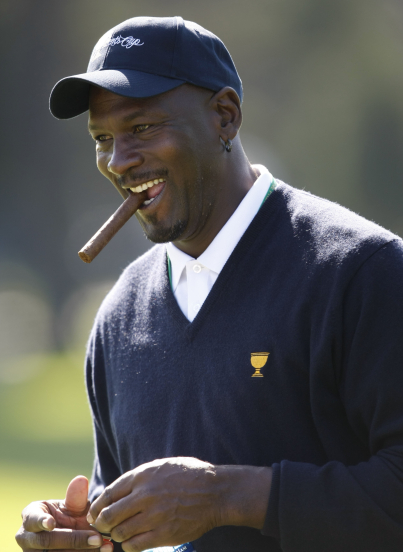
However, a significant factor contributing to Jordan's 1993 retirement was his father's death.
In the summer of 1993, James Jordan was murdered at a rest stop in North Carolina while sleeping in his car.
Jordan and his father shared a close and profound relationship. He consistently wanted his father present during all of the Bulls' championship victories.
Already burdened by media scrutiny regarding his gambling and physically exhausted from the demands of basketball, Jordan's father's death prompted his retirement.
Moreover, during Jordan's youth, his father expressed a desire to see him play in Major League Baseball (MLB), the premier American baseball league. This influenced MJ's decision to leave basketball and pursue a baseball career.
Why did Jordan retire in 1998?
Michael Jordan returned to play during the 1994-1995 season, just before the start of the playoffs.
Although the Orlando Magic eliminated Chicago during that post-season, Jordan and the Bulls regained their dominance in the league the following season. Many people consider the 1995-96 squad the best Bulls team ever.
Over the next three seasons, they won three consecutive NBA titles, securing Jordan's second three-peat.
As depicted in the documentary 'The Last Dance,' the final season of that three-peat, 1997-1998, was exceptionally complex from the outset.
Management decided not to renew Phil Jackson's contract, the mastermind of the Bulls dynasty and arguably the greatest NBA coach of all time, to undertake a major team overhaul.
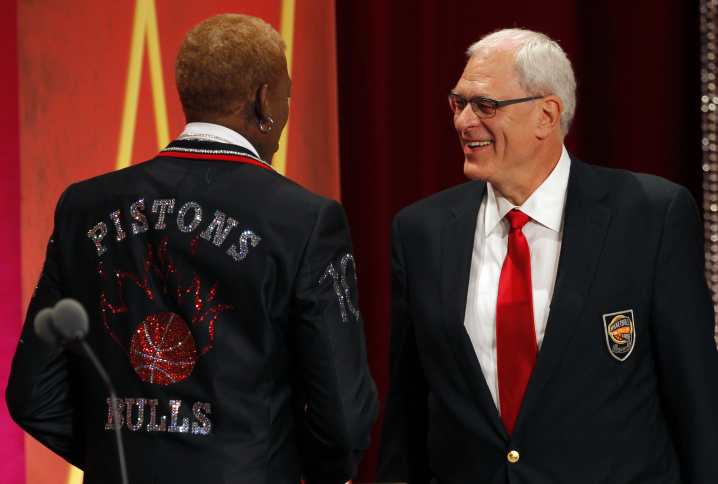
Therefore, all the players knew this was the team's last chance to win another championship.
MJ had already made it clear that he would only continue playing if the Bulls decided to keep the team together and attempt to win a fourth consecutive title, an unprecedented achievement.
However, the Bulls' front office remained firm in its decision: Jackson's contract was not renewed, Scottie Pippen was traded to the Houston Rockets, and Dennis Rodman left as a free agent, signing with the Los Angeles Lakers.
The NBA went into a lockout, and the regular season did not begin until February 1999.
About a month before the start of the regular season, Jordan, then 35, announced his second retirement from basketball.
Why did MJ retire in 2003?
In 2000, Michael Jordan became the second-largest shareholder and president of basketball operations for the Washington Wizards, gaining near-complete control over the franchise's sports operations.
When he retired for the second time in 1998, Jordan declared there was a 99.9% chance he would never play another NBA game.
By the summer of 2001, it was evident that MJ desired to return to the court. He had selected Doug Collins, a former coach from his time with the Bulls, as the Wizards' new head coach.
In September 2001, Jordan officially announced his return, stating that his entire season's salary would be donated to the families of the victims of 9/11.
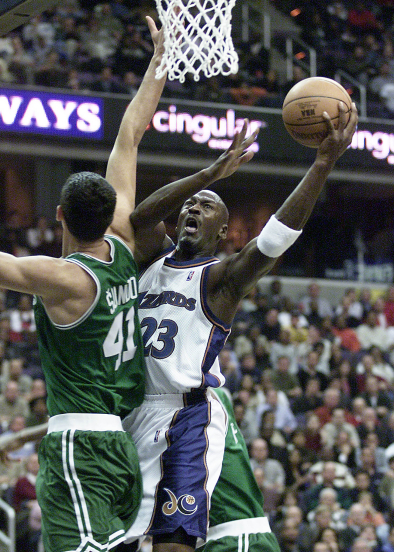
Jordan had an excellent first season with the Wizards, becoming the team's leading scorer and a candidate for the regular season MVP award.
Unfortunately, a series of knee problems forced him to miss 22 games, and the Wizards failed to reach the playoffs.
MJ played another season in Washington and again failed to qualify for the playoffs. At the age of 40, he decided to retire from basketball for the final time.
Given his recent knee problems and Washington's continued mediocrity despite his contribution, Michael Jordan's retirement was the most natural choice.





















































